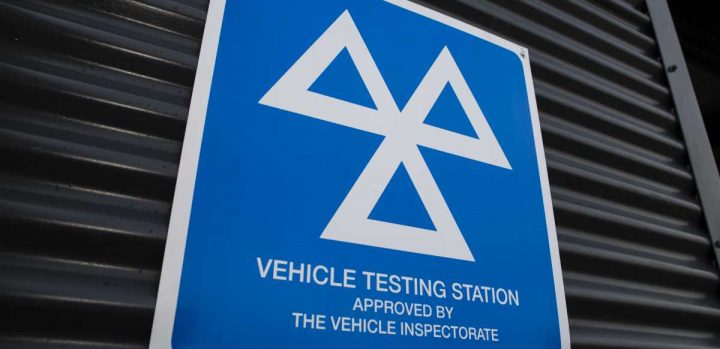A split is developing over the Government’s proposal to extend the first MoT Test from three to four years.
Consultation on the proposal ends tomorrow night.
The Independent Garage Association (IGA) has responded to the Department for Transport’s (DfT) consultation proposing changes to the MOT frequency and other MOT enhancements.
Stuart James, IGA Chief Executive said, “As the voice of the independent garage sector, we are asking the government to very carefully consider any changes to the MOT introduction year.
“Based on the research and member feedback compiled when writing our consultation response, it is clear that any changes made will impact road safety far more than the government anticipates.
“Not only would extending the period of a vehicle’s first MOT be detrimental to road safety, it is our belief that it will cost consumers more money long-term. This includes increased repair costs due to defects taking longer to be picked up, all costs associated with accidents, rising insurance premiums, and additional MOT and repair costs for second owners of cars between 3 and 4 years old.
“It is important that the MOT test is updated to incorporate new vehicle types and technologies to ensure that vehicles’ structures, components and systems operate to a set minimum standard. However, road safety must also be taken into account here, so the period of time a vehicle can be used before its first MOT should remain unchanged while any changes to the scheme are rolled out, tested and analysed.
“There is still time to respond to the consultation, so we strongly encourage garages to share their views on the future of the MOT system before 11:45pm on Wednesday 22 March, as well as signing and sharing the automotive trade bodies’ petition to stop the DfT’s dangerous 4-1-1 MOT proposal.”
Almost nine out of 10 (89%) drivers agree with a new Government proposal to extend the first MOT test on cars from three to four years, new research shows.
The vast majority – 71% – say that modern cars remain safe up to four years old without being tested. Interestingly, reducing costs does not seem to be a major motivation with only 36% saying it would lead to savings for motorists.
Paul Burgess, CEO at Startline Motor Finance, went on, “There’s clearly overwhelming public backing for this move, according to our findings. This puts the public very much at odds with the motor industry, which generally believes that a three year MOT is essential and has been very vocal in criticising the idea.
“It’s striking that only around one in three people say that the cost of the test is a factor in backing the government’s proposal. It appears that drivers simply have a high degree of confidence in the ability of modern cars to resist any kind of treatment, believing that major faults are unlikely to arise by extending the test for a year.”
Just 10% of those surveyed in the Startline Used Car Tracker think that the extension of the test described in the consultation – which ends tomorrow night (22 March) – would affect road safety.


